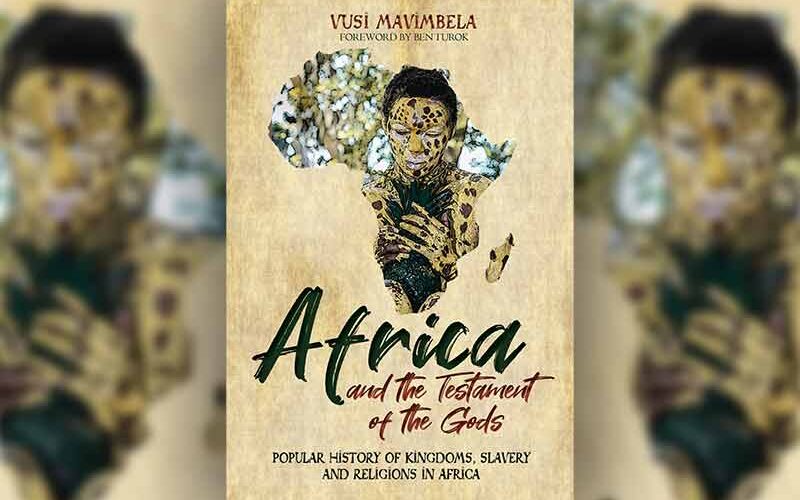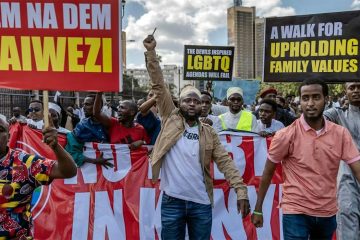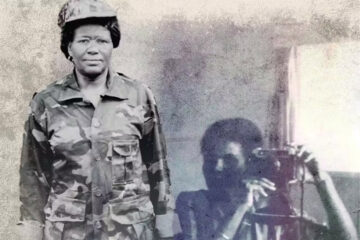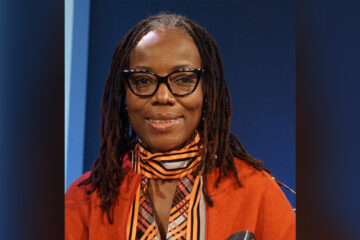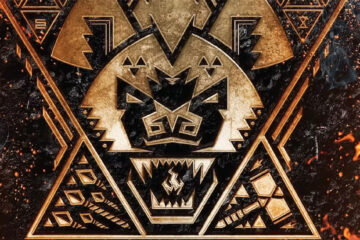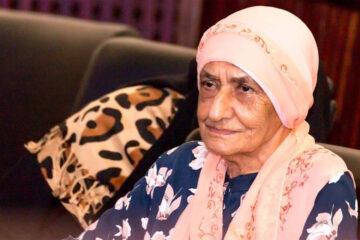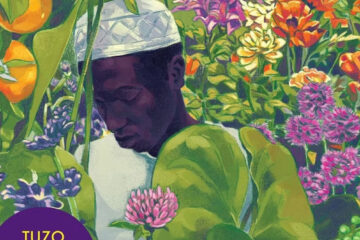
VUSI MAVIMBELA
IN the 1960 film Inherit the Wind, there is a court dramatisation where defence lawyer Henry Drummond says: “I am trying to establish whether Howard or Brady or Charles Darwin or anybody sitting around this court, or you Sir, has a right to think”.
The presiding officer intervenes and says: “Mr Drummond, the right to think is not on trial here”. Drummond retorts: “Well, with all due respect to the court, the right to think is very much on trial here and it is fearfully in danger in the proceedings of this court room…A thinking man is faced with fine and imprisonment because he chooses to speak what he thinks”.
The film is a parable on what came to be known as the Scopes “Monkey” Trial. In 1925 Christian fundamentalists in Tennessee, America, initiated a law that sought to proscribe the teaching of Darwin’s theory of evolution. The American Civil Liberties Union challenged the institution of this law with a young school teacher John Scopes volunteering as the Liberties Union defendant. The trial turned out to be a gruelling confrontation between those who believed in creation as canonised in the Bible story of Adam and Eve in the Garden of Eden as against those who believed in Darwin’s theory that the human species is the result of evolution from lower animals over many millennia.
The outcome was somewhat of an anti-climax because the judge concluded it was not Darwinism against Biblical creationism on trial, but whether Scopes had violated Tennessee law. Neither side disputed the tenet of the law and, as Scopes had broken the law, he was found guilty.
In 1968, Susan Epperson, a high school biology teacher in Arkansas, filed suit declaring “to use the Bible to support an irrational and an archaic concept of static and undeveloping creation is not only to misunderstand the meaning of the Book of Genesis, but to do God and religion a disservice by making both enemies of scientific advancement and academic freedom”. The court upheld Epperson’s challenge by stating the US constitution prohibits teaching and learning from being tailored to the principles or prohibitions of any religious sect or dogma. It further opened the door for the teaching of both creationism and evolution in American schools.
The compromise in many American states was that school textbooks should not simply present Darwinism as blasphemy but as one theory among many. That was great progress not only in what Drummond calls “the right to think”, but also for the encouragement and general freedom to think.
Today it is universally accepted there can be no scientific, academic or serious intellectual enquiry into the origin of life and the human species without investigating the theory of evolution, regardless of the scientific meritsof its tenets.
One of our biggest conundrums is there is no compelling or empirical theory today that conclusively explains the origin of the earth, universe and galaxies. All theories, scientific or non-scientific, recede into the realm of deep and complex speculation or hypothesis and, at times, blind deference to faith, the more our enquiry adds millennia into the past.
The further we walk into the past, the more unconvincing or uncertain the theories become. At the same time, it is in the nature of the human mindnthat we need a working theory to explain our origin and everything else thatnexists in our space or outer space, even if it is simply an article of faith. It is difficult to imagine the tragedy that would befall our contemplation of life if there were no considered theories concerning the origin of everything.
It is partly why our contemplation of the origin of everything is sometimes intertwined with faith, religion, myths and other beliefs and theories. Many of these are compared to the scientific, archaeological and paleontological evidence of the existence of human ancestors in Africa. These ancestors had no knowledge of Charles Darwin’s (1809-1882) theory of evolution or the Biblical and Quranic creation narratives. There was no social consciousness of the Biblical or Quranic teachings or the worship of the Hindu shrines in our great ancestors’ contemplation of the origin of everything.
Our human African ancestors would have had their own understanding, beliefs and theories about their origin. As these ancestors migrated beyond the continent, those who remained also migrated throughout the African continent. In their different locations, they evolved their own beliefs, faiths, myths and theories to sustain their understanding of themselves, the world around them and the social fibre that constituted their societies. Those beliefs survived and sustained them for millennia until Christian and Islamic interventions disrupted their indigenous systems and practices.
Today it might be difficult for Christians and Muslims in Africa to imagine their two faiths are not aboriginal to the continent and to their evolution as people on this continent. Aboriginal pagan belief systems and faiths of ancient African peoples played a major part in their lives for millennia. Present-day Christian and Muslim environs were once cradles of traditional African paganism and belief systems. In these African climes, at a distant time in history, African gods, deities and spirit mediums dictated the throb of spirituality. No African people adopted Christianity or Islam without first replacing or degrading their own existing indigenous belief systems.
Africa is today characterised and divided into two major religious belief systems: Christianity and Islam. If you open up a map of Africa today and look at Islamic and Christian-dominated countries, you will see the continent is coloured by these two religions. What is also interesting is the continent is divided almost across the Equator with the north represented by Islam and the south by Christianity.
That north/south divide does not represent the natural propensity of native Africans in the north for the love of Islam or those of the south for a natural affinity to Christianity. Rather it tells us which foreign religious power colonised and subjugated which part of Africa. The distribution and concentration of mosques or churches between the north and south tells a similar story; it is an eloquent legacy of European Christian and Arab Muslim enslavement and colonialism.
It is only remote rural African communities that are still uninfluenced by either Christianity or Islam. There are African societies where indigenous pagan religious beliefs systems still live side-by-side with either Christianity or Islam, but typically Christianity or Islam enjoys preponderance. In those societies the two belief systems are likely to be considered the moral and ethical arbiter in the way government, educational and religious institutions are governed. It is the preponderance of these two religions I consider one of the major African questions of our millennium. Both Christianity and Islam, apart from the Marxist or Weberian class and social dichotomy, have defined the fortunes, misfortunes and extent of freedoms or lack thereof, among African people and societies since the arrival of Abrahamic religions on the continent.
* This is an extract from Vusi Mavimbela book Africa and the Testament of the Gods. It is Mavimbela’s third book. His first book, No Lullaby for my Country and other Poems was published in 2015 and a memoir entitled Time is no Measure was first published in 2019 and just been republished. Africa and the testament of the Gords is published by Reach and is available at R195.

